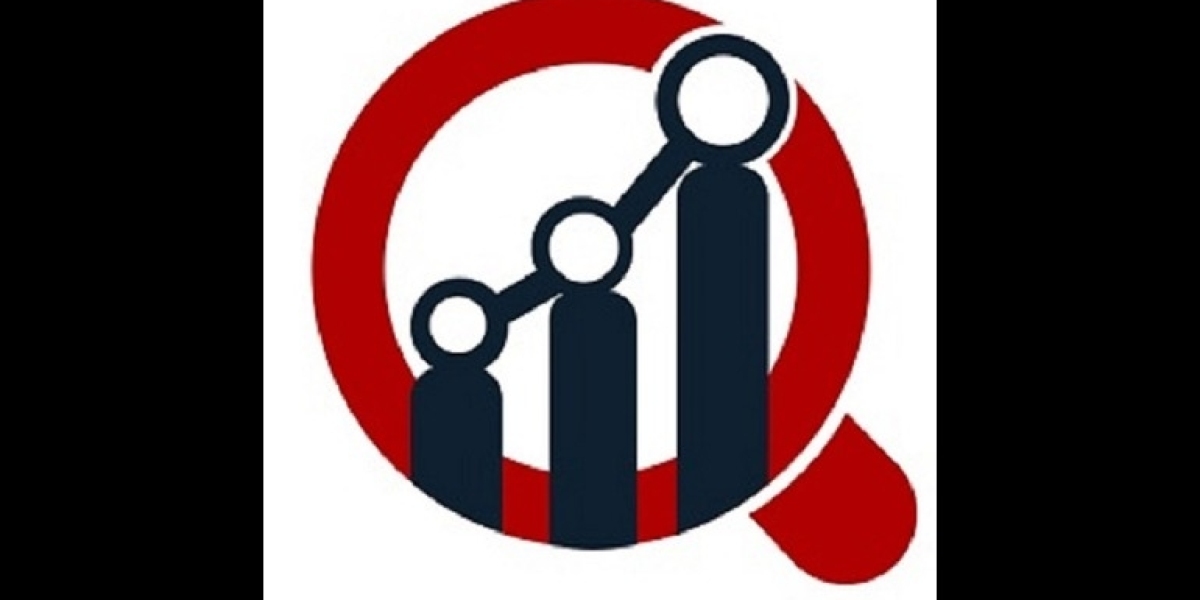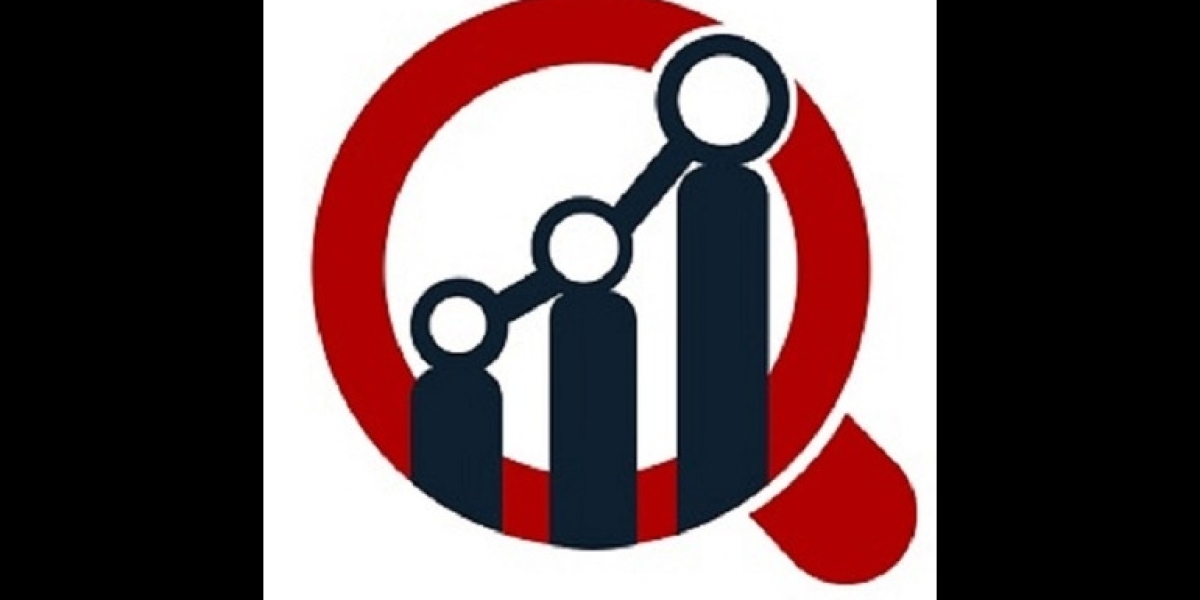Merchant Cash Advance: A Quick Guide for Small Businesses
Running a small business often means balancing cash flow and managing unexpected expenses. When traditional loans aren’t an option or take too long to process, many businesses turn to alternative financing options. One such option gaining popularity is the Merchant Cash Advance (MCA). But what exactly is an MCA, and is it the right choice for your business? Let’s break it down.
What Is a Merchant Cash Advance?
A Merchant Cash Advance is a type of financing where a business receives a lump sum of cash upfront in exchange for a percentage of future sales. Unlike traditional loans, MCAs are not repaid through fixed monthly payments. Instead, repayments are made automatically as a portion of daily credit card sales or overall revenue, making it flexible to the business’s income flow.
MCAs are often marketed to small and medium-sized businesses that may not qualify for conventional bank loans due to lack of collateral, credit issues, or urgent cash needs.
How Does a Merchant Cash Advance Work?
- Application and Approval: The business applies for an MCA by providing recent sales data (usually credit card transactions). Approval is often quicker than bank loans, sometimes within a few days.
- Funding: Once approved, the business receives a lump sum amount—typically between $5,000 and $500,000, depending on the provider and the business’s sales volume.
- Repayment: Instead of a traditional interest rate, the business agrees to repay the MCA through a factor rate (e.g., 1.2 to 1.5 times the advance). The repayment happens as a fixed percentage of daily credit card sales or overall revenue until the full amount is repaid.
- Duration: MCAs typically have short repayment terms, ranging from 3 to 18 months, depending on the agreement.
Example
If a business receives a $50,000 advance with a factor rate of 1.3, the total repayment amount would be $65,000 ($50,000 × 1.3). If the agreed daily repayment percentage is 10% of credit card sales, the repayment amount will fluctuate based on daily sales volume until the $65,000 is fully repaid.
Pros of Merchant Cash Advance
- Fast Access to Cash: Approval and funding are usually much faster than traditional loans.
- No Collateral Required: MCAs are based on sales, so they don’t require assets as collateral.
- Flexible Payments: Repayments adjust with sales volume, reducing stress during slow periods.
- Easier Qualification: Credit score requirements are often more lenient.
Sample Request For Free Pdf - https://www.marketresearchfuture.com/sample_request/24003
Cons of Merchant Cash Advance
- High Cost: Factor rates can translate to very high effective interest rates compared to traditional loans.
- Short Repayment Period: The quick repayment schedule can strain cash flow if sales slow down.
- Daily or Weekly Deductions: Automatic daily or weekly payments can be difficult to manage.
- Limited Regulation: MCAs are not loans, so they are less regulated, meaning fewer consumer protections.
Is a Merchant Cash Advance Right for Your Business?
MCAs can be a useful tool for businesses facing urgent cash needs or those with inconsistent cash flow. They are particularly popular among retail stores, restaurants, and service businesses that rely heavily on credit card sales.
However, because of the high cost, MCAs should generally be considered a short-term solution rather than a long-term financing strategy. Business owners should carefully review terms, compare with other financing options, and understand the impact on cash flow before committing.
Alternatives to Consider
- Traditional Bank Loans: Usually offer lower interest rates but require good credit and collateral.
- SBA Loans: Government-backed loans with favorable terms but longer approval times.
- Business Lines of Credit: Flexible borrowing with interest only on the amount used.
- Invoice Financing: Advances against outstanding invoices for businesses with invoicing clients.
Final Thoughts
A Merchant Cash Advance can provide fast, flexible capital to keep your business running smoothly, especially in tight situations. But it comes with a higher price tag and repayment structure that requires careful planning. Always weigh the pros and cons and consult a financial advisor to ensure it aligns with your business goals.
Related Report -
| Certificate Of Deposit Market |
| Consumer Electronics Extended Warranty Market |
| Credit Management Software Market |
| Crypto Tax Software Market |
| Facial Recognition Payment Market |






